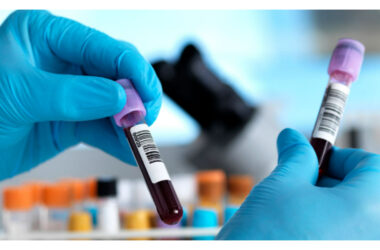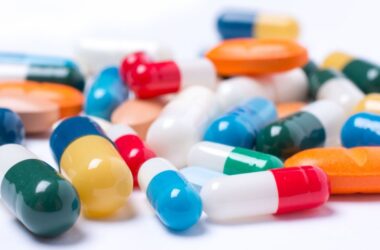Imagine this. You’re walking down 5th Avenue in the heart of spider veins New York. You see the skyscrapers, the people bustling about. Suddenly, you feel a pain in your chest. You clutch your chest, your breath short. Now, think about this – what if a device, as small as the watch on your wrist, could predict this pain? What if it could warn you hours, even days before? Technology in today’s world is doing just that for cardiology. It’s stepping up, going beyond the traditional stethoscopes and EKGs. It’s transforming how we diagnose, treat and even prevent heart ailments. It’s making life safer, healthier, and longer for heart patients all over the world.
Technology: The New Pulse in Cardiology
Technology has become the new pulse in cardiology. Every beat, every rhythm, every irregularity is now caught, analyzed, and interpreted by machines. We’re talking about devices that monitor your heart rate 24/7. Devices that analyze your EKG in real-time. Devices that alert you – and your doctor – at the first sign of trouble.
Wearables and Implantables: Your New Heart Companions
Consider wearables. Small, sleek, and smart – these devices sit on your wrist, but do a job bigger than their size. They keep an eye on your heart, day in and day out. And then there are implantables. The pacemakers, the defibrillators, the monitors. These devices don’t just sit on your body, they sit in your body. They pace your heart, shock it back to rhythm, and record its every move.
Telemedicine: Heart Care at Your Fingertips
Let’s not forget telemedicine. A click, a call, a video chat – and you’re face to face with your cardiologist. No travel, no waiting rooms, no risk of catching another disease. Just pure, convenient, timely heart care – right at your fingertips.
AI and Machine Learning: Predicting the Future of Heart Health
Then there’s AI and machine learning. These are not devices, but they’re powering the devices. They’re turning data into predictions. Predictions about your heart’s future. AI can spot patterns that humans can’t. It can predict heart failure, stroke, even sudden death – way before they happen.
Conclusion: A Healthier Heart with Technology
In conclusion, technology is changing the game in cardiology. It’s not just improving patient outcomes, it’s redefining them. It’s catching diseases early, treating them effectively, preventing them proactively. It’s giving heart patients a chance to live their life fully – without the constant fear of their heart failing them.
















